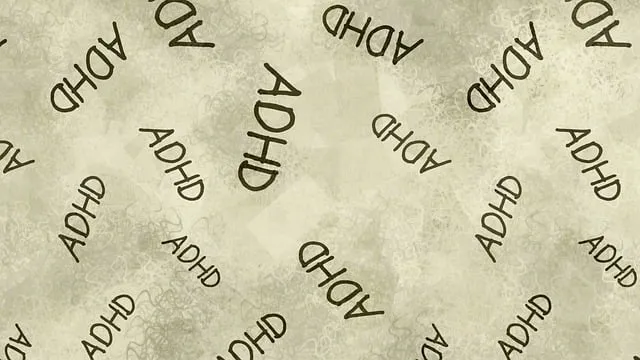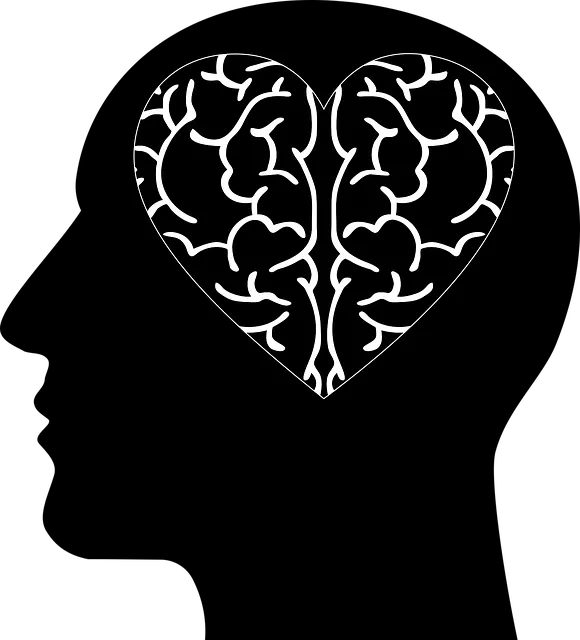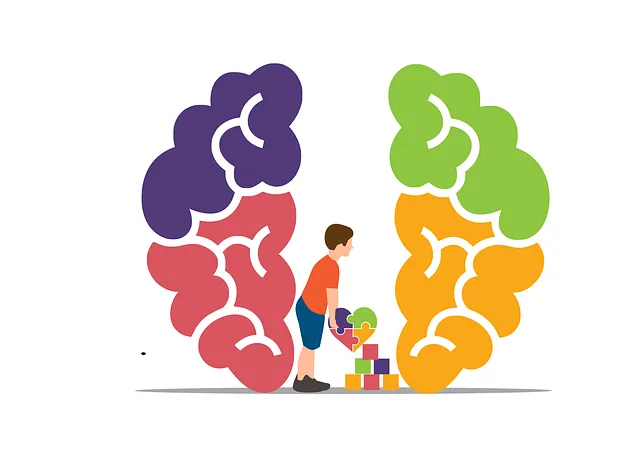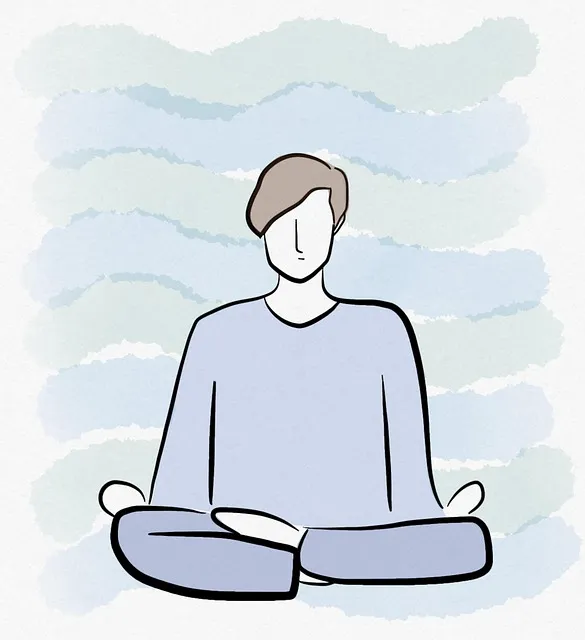Kaiser Permanente behavioral health providers in Parker face unique challenges due to high-stress environments and demanding schedules. The Parker Model, a structured framework for mental wellness group facilitation, offers solutions through peer support, stress management workshops, and burnout prevention strategies. This model emphasizes a safe space for open communication, emotional expression, and collective healing, utilizing techniques like active listening and trauma-informed practices. By incorporating interactive activities and evidence-based assessment tools, facilitators empower individuals to improve well-being and job satisfaction, enhancing therapeutic outcomes for both providers and patients.
Mental wellness group facilitation plays a pivotal role in improving patient outcomes, especially within healthcare organizations like Kaiser Permanente. This article explores effective techniques for Kaiser Permanente behavioral health providers to facilitate supportive group environments. We delve into established frameworks, such as the Parker Model, to enhance group therapy. Key strategies focus on creating safety and engaging participants actively. Additionally, we discuss assessment tools to measure success and promote recovery in these collaborative settings.
- Understanding Mental Wellness Group Facilitation: A Role for Kaiser Permanente Behavioral Health Providers
- The Parker Model: An Effective Framework for Group Therapy
- Building a Safe and Supportive Environment: Key Techniques for Facilitators
- Engaging Participants: Strategies to Enhance Group Dynamics
- Measuring Success and Promoting Recovery: Assessment Tools for Group Facilitators
Understanding Mental Wellness Group Facilitation: A Role for Kaiser Permanente Behavioral Health Providers

Mental wellness group facilitation plays a pivotal role in enhancing the well-being of individuals within the healthcare sector, particularly among Kaiser Permanente behavioral health providers in Parker. These professionals are on the frontlines, often facing high-stress environments and demanding work schedules. As such, facilitating mental wellness groups offers a strategic approach to support their own well-being alongside that of their patients.
By organizing Stress Management Workshops or Burnout Prevention Strategies for Healthcare Providers, Kaiser Permanente behavioral health providers can foster an environment where colleagues connect, share experiences, and learn from one another. This peer-to-peer support is invaluable in tackling the unique challenges they face. Additionally, Mental Wellness Coaching Programs Development can empower these providers to not only manage their own stress but also equip them with tools to guide patients through similar journeys, ultimately improving patient outcomes and job satisfaction.
The Parker Model: An Effective Framework for Group Therapy

The Parker Model offers a structured and effective framework for group therapy sessions, making it a valuable tool for Kaiser Permanente behavioral health providers. This model focuses on fostering a safe and supportive environment where individuals can connect, share experiences, and learn from one another. By following a step-by-step approach, the facilitator guides the group through various stages of development, encouraging active participation and emotional expression.
This technique prioritizes compassion cultivation practices, emphasizing empathy and understanding among group members. The Parker Model’s structured nature aids in risk management planning for mental health professionals by providing clear guidelines for handling sensitive topics and ensuring a controlled yet nurturing atmosphere. Its effectiveness has been highlighted through numerous Mental Wellness Podcast Series productions, showcasing its potential to enhance therapeutic outcomes in group settings.
Building a Safe and Supportive Environment: Key Techniques for Facilitators

Creating a safe space is paramount for effective mental wellness group facilitation. Facilitators play a crucial role in fostering an environment that encourages openness and vulnerability among participants, much like Kaiser Permanente behavioral health providers Parker prioritize patient comfort. Techniques such as active listening, empathetic responses, and consistent boundaries help build trust. By ensuring every voice is heard without judgment, facilitators encourage a sense of belonging and create a sanctuary where individuals feel empowered to share their experiences.
Additionally, incorporating trauma-informed practices, emotional intelligence strategies, and burnout prevention techniques can significantly enhance the group’s overall well-being. These approaches not only support individuals who may have experienced traumatic events but also equip facilitators with the skills to navigate sensitive conversations effectively. A safe, supportive environment is the cornerstone of successful mental wellness groups, allowing participants to connect, heal, and grow together.
Engaging Participants: Strategies to Enhance Group Dynamics

Engaging participants is a key aspect of successful group facilitation, especially in promoting emotional well-being and self-esteem improvement within healthcare settings. Kaiser Permanente behavioral health providers Parker emphasize the importance of creating an inclusive environment that encourages active participation. One effective strategy is to foster open communication by establishing ground rules at the beginning of each session, ensuring everyone feels heard and respected. This can be achieved through techniques like active listening, where facilitators show genuine interest in members’ experiences, fostering a sense of community.
Additionally, incorporating interactive activities and diverse discussion topics can enhance group dynamics. For instance, engaging participants in icebreakers or collaborative problem-solving exercises breaks the ice and encourages interaction. These strategies not only promote emotional connection but also contribute to burnout prevention strategies for healthcare providers by creating a supportive atmosphere where individuals can openly share their experiences and learn from one another.
Measuring Success and Promoting Recovery: Assessment Tools for Group Facilitators

Measuring success and promoting recovery go hand in hand when facilitating mental wellness groups. Group facilitators play a pivotal role in creating an environment that fosters growth, healing, and improved self-esteem. One effective way to assess progress is through standardized tools developed by experts like Kaiser Permanente behavioral health providers. These tools can help track changes in participants’ symptoms, functioning, and overall well-being over time. By utilizing evidence-based assessment methods, facilitators gain valuable insights into the group’s dynamics and individual member’s recovery journeys.
For instance, Parker et al. have contributed significantly to this field with their comprehensive assessment frameworks designed for group interventions. Incorporating these tools into mental wellness coaching programs can aid in tailoring support to diverse needs. Regular monitoring allows facilitators to adjust strategies, ensuring that each participant receives the most effective guidance for their specific challenges. Moreover, it enables them to recognize and celebrate milestones in self-esteem improvement, enhancing motivation and engagement within the group dynamic.
Mental wellness group facilitation is a powerful tool, especially within organizations like Kaiser Permanente. By employing techniques from models like the Parker Model and creating safe, supportive environments, behavioral health providers can significantly enhance group therapy outcomes. Engaging participants through dynamic strategies ensures every voice is heard, fostering a sense of community. With proper assessment tools, facilitators can measure success and promote recovery, ultimately revolutionizing care for those seeking support within the Kaiser Permanente network.






